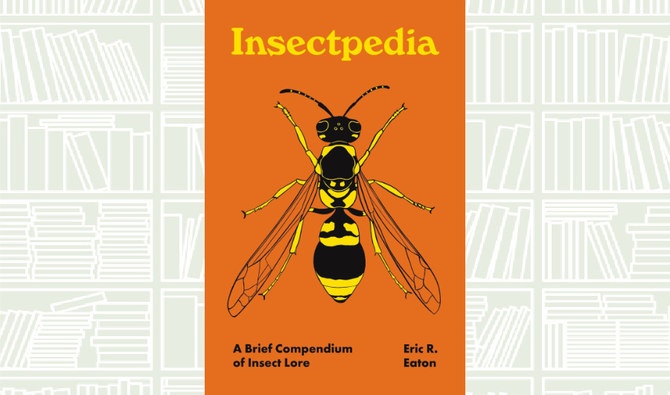Author: Eric R. Eaton
Insectpedia introduces you to the wonders of the insect world while inviting you to make discoveries of your own.
Featuring dozens of entries on topics ranging from murder hornets and the “insect apocalypse” to pioneering entomologists such as Margaret James Strickland Collins and Douglas Tallamy, this beautifully illustrated, pocket-friendly encyclopedia dispels many common myths about insects while offering new perspectives on the vital relationships we share with these incredible creatures.

























